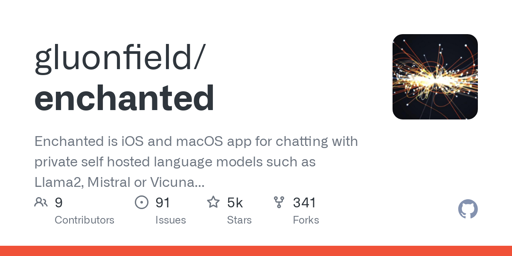Bora M. Alper
- 3 Posts
- 9 Comments
There is BitTorrent which I’m sure you’re aware of, and then there is also WebTorrent which you may not.
I’m also actively working on this exact problem with WebMirror with the key difference being that it works in browsers without requiring any additional software. Here is its demo: https://webmirror-demo.netlify.app/

 1·11 months ago
1·11 months agoPerfect thank you!

 1·11 months ago
1·11 months agoWere FOSDEM talks recorded?
My issue with this is that, especially as a foreigner living abroad, I cannot always answer which shop might have the items I’m looking for.
I wish Google Maps allowed searching for shops by their inventory, like it does searching for restaurants by their menu. Even better, an open web protocol like RSS where shop websites can communicate to all crawlers what items are being sold where and which are out of stock, so that it’s not a Google Maps monopoly but an ecosystem…
The author is talking about the server use-case here but it’s not any better for desktops either. I think it boils down to the fact that neither of these operating systems are designed for a single-user world like Android (or any other modern mobile OS) and so these security solutions are shoehorned into a world where they don’t really fit into. Because those (server or desktop) programmes have different set of expectations about what’s available to them, than say, an Android app that knows that it has to ask for permission first.

 39·1 year ago
39·1 year agoActivityPub :) People spend an incredible amount of time on social media—whether it be Facebook, Instagram, Twitter/X, TikTok, and YouTube—so it’d be nice to liberate that.

 2·2 years ago
2·2 years agoAlso see Nexus Search (@science_nexus_bot) on Telegram.

 16·2 years ago
16·2 years agoProbably meant CSAM (child sexual abuse material) instead.




Remember that “NSA’s XKeyscore program targeted readers of Linux Journal as part of targeting people interested in the Linux distribution Tails” as revealed in July 2014. :)
https://en.wikipedia.org/wiki/Linux_Journal